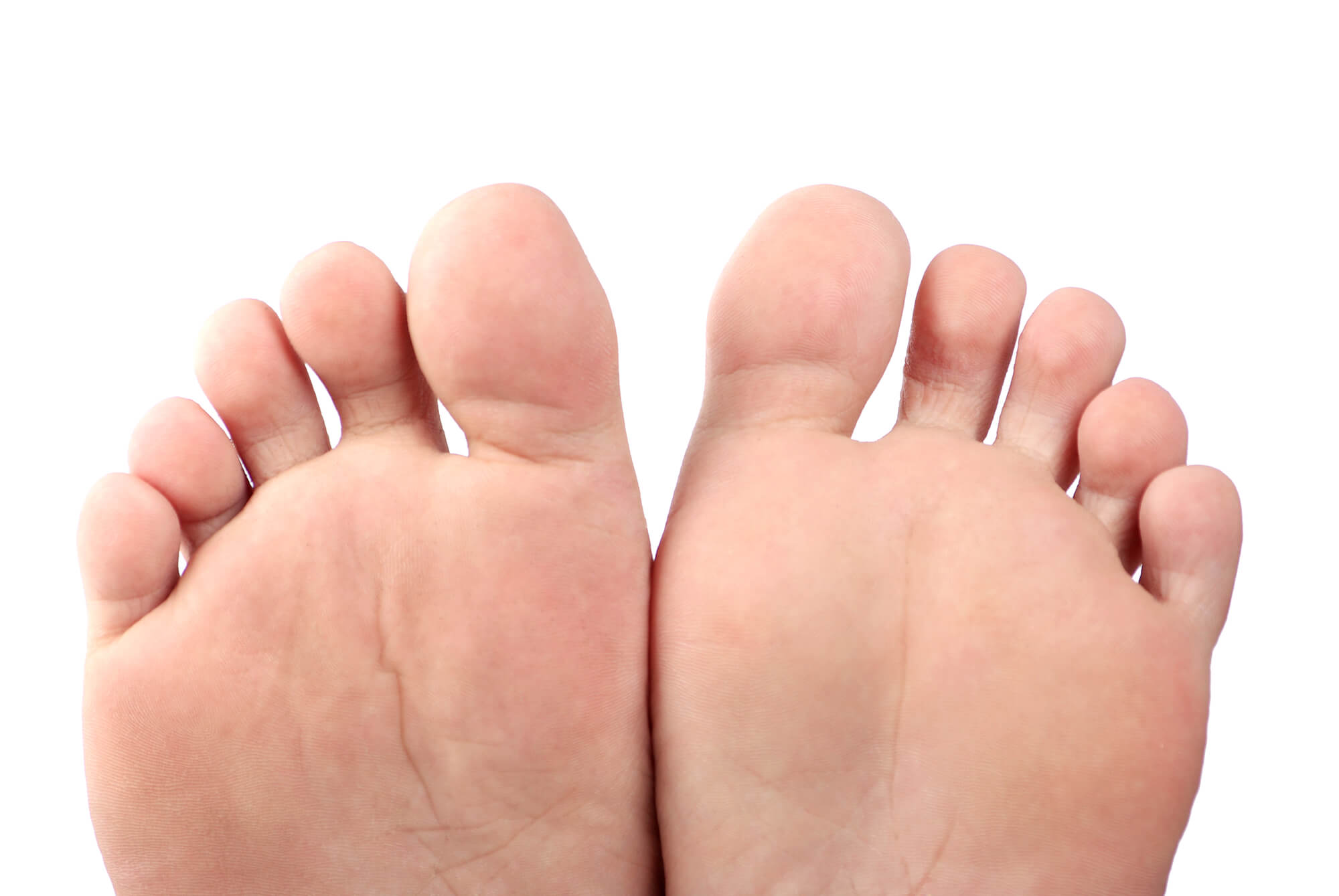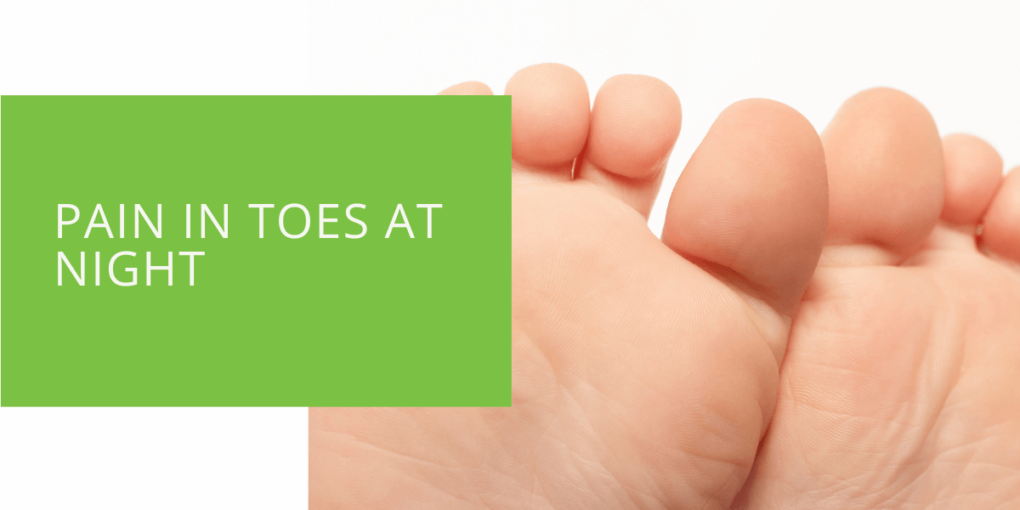Understanding Pain in Toes at Night
Do you dread going to bed because of the excruciating pain in your toes that keeps you awake all night? Are you tired of searching for answers and remedies that only offer temporary relief? You're not alone. Nighttime toe pain is a common problem that affects many individuals and can severely impact their quality of life. But there's good news. With the right information and guidance, you can effectively manage and alleviate this discomfort to finally enjoy a peaceful and restful night's sleep.
In this comprehensive article, we'll delve deep into nighttime toe pain. We'll explore this condition's various causes and symptoms so you can better understand what's causing your discomfort. We'll also provide you with practical remedies and strategies that you can implement right away to help ease your pain and improve your overall well-being.
Key Takeaways
- Nighttime toe pain can manifest as aching, numbness, tingling, cramping, or general discomfort, and recognizing these symptoms is crucial for diagnosis.
- Common causes include plantar fasciitis, neuropathy, neuroma, pinched nerves, and poor footwear choices, all of which can exacerbate discomfort at night.
- Consult a podiatrist for accurate diagnosis and tailored treatment, including physical therapy, orthotic devices, medications, and lifestyle adjustments such as proper footwear and stretching exercises.
Symptoms of Aching Feet
Understanding the symptoms associated with pain in the toes at night is crucial in determining the underlying issue. Here, we explore the various ways in which this discomfort may manifest:
- Aching Feet: Often described as a persistent, dull pain that can affect the toes and the entire foot.
- Numbness: A sensation of reduced sensitivity or even complete numbness in the affected area.
- Tingling Sensations: An uncomfortable, prickling feeling ranging from mild to severe.
- Cramping: Sudden, painful muscle contractions that can target the toes or the entire foot.
- General Pain and Discomfort: A feeling of unease or sharp pain that seems to be concentrated primarily in the toes.
Common Causes of Foot Pain
To effectively address nighttime toe pain, it's essential to identify the root causes. Let's delve into some of the most prevalent culprits behind this perplexing issue:
Plantar Fasciitis: A Leading Culprit
Plantar fasciitis is a well-known cause of heel and foot pain, but it can also contribute to discomfort in your toes at night. This condition involves inflammation of the plantar fascia, a robust band of tissue that spans the underside of your foot. The pain associated with plantar fasciitis may radiate from the heel to the toes, and it can intensify during nighttime hours, causing significant discomfort.
The Role of Neuropathy
Neuropathy is a condition characterized by nerve damage, resulting in various sensations, including tingling, numbness, and pain. When neuropathy affects the feet, it can lead to discomfort at night. One common form of neuropathy is peripheral neuropathy, often impacting the toes and feet.
Neuroma and Pinched Nerves
A neuroma is a benign growth of nerve tissue that can cause toe pain and discomfort. Additionally, pinched nerves, often associated with conditions like sciatic nerve compression, can contribute to nighttime discomfort, making it essential to address these issues for lasting relief.
The Impact of Footwear Choices
Wearing high heels or ill-fitting shoes during the day can significantly contribute to nighttime toe pain. The constant pressure and strain on the toes can lead to aches and discomfort, which may worsen when resting. Evaluating your footwear choices and making adjustments can be crucial for long-term comfort.

Causes of Foot Pain at Night
Understanding why your toe pain becomes more pronounced at night is pivotal to finding effective relief. Several factors contribute to this phenomenon:
- Inactivity: During the day, you are constantly on your feet, and this continuous movement can help alleviate pain. However, when you are at rest, you may become more acutely aware of any discomfort at night.
- Blood Flow: Blood circulation naturally slows down during sleep, exacerbating pain and numbness, particularly in the extremities.
- Inflammation: Conditions like plantar fasciitis often become more inflamed after a day of activity, leading to increased pain at night.
- Foot Position: How you position your feet while sleeping can also influence the intensity of your toe pain. Proper alignment and support can make a significant difference.
Remedies for Aching Feet at Night
Finding relief from nighttime toe pain is essential for a good night's sleep and overall well-being. Here are various remedies and strategies to consider:
Exploring Medical Interventions
- Consult a Podiatrist: If you experience persistent nighttime toe pain, it is imperative to seek the expertise of a doctor or podiatrist. They can accurately diagnose the underlying cause and recommend appropriate treatment options tailored to your condition.
- Physical Therapy: A skilled physical therapist can provide targeted exercises and stretches to alleviate pain and discomfort, addressing the symptoms and root causes.
- Orthotic Devices: Custom-made orthotic devices can provide essential support and alleviate pressure on the toes and the entire foot. These devices are designed to promote proper alignment and reduce discomfort.
- Medications: In certain cases, your healthcare provider may prescribe pain-relieving medications or anti-inflammatory drugs to help manage the pain and inflammation associated with toe pain at night.
Implementing Lifestyle Changes
- Footwear Selection: Opt for comfortable, supportive shoes that minimize pressure on the toes and provide adequate arch support. Proper footwear can make a substantial difference in reducing discomfort.
- Foot Elevation: Elevating your feet while sleeping can help reduce swelling and alleviate discomfort. This simple technique can improve blood circulation and reduce inflammation.
- Application of Ice Packs: Applying ice to the affected area can reduce inflammation and soothe pain, offering immediate relief.
- Regular Stretching Exercises: Engaging in gentle toe and foot stretches can help alleviate tension, improve flexibility, and reduce pain. Incorporating these exercises into your daily routine can promote long-term comfort.
Conclusion
In conclusion, nighttime toe pain is common with numerous potential causes. As experienced podiatrists, we have encountered and successfully treated countless cases of toe pain at night. Our primary goal is to help you overcome this challenging issue and regain the ability to enjoy peaceful and restorative sleep.
Understanding the root cause of your toe pain is the first step toward effective treatment and relief. With the right guidance, professional care, and adherence to recommended remedies, you can end those sleepless nights and embark on a journey towards a pain-free, restful sleep.
We strongly encourage you to take action if you are experiencing persistent pain in your toes at night. Your well-being is of paramount importance to us. Please don't hesitate to schedule an appointment today and let us help you find relief from nighttime toe pain. Together, we can ensure you enjoy a better quality of life with healthier and pain-free feet. Don't let toe pain at night steal another night of peaceful sleep from you.
FAQ
What causes painful toes at night?
Painful toes at night can have various causes, including conditions like plantar fasciitis, neuropathy, neuroma, pinched nerves, and poor footwear choices. These factors can contribute to discomfort that becomes more pronounced during nighttime hours.
Why are the tips of my toes so painful?
Pain at the tips of the toes can be attributed to conditions like neuropathy, nerve damage, or excessive pressure on the toes due to ill-fitting shoes or other contributing factors. Identifying the underlying cause is essential to finding relief.
When should I worry about toe pain?
Persistent or severe toe pain, especially if it disrupts your sleep or daily activities, should be a cause for concern. Suppose you experience pain that doesn't improve with self-care or have underlying medical conditions. In that case, it's advisable to consult a podiatrist or healthcare professional for a proper diagnosis and treatment plan.

